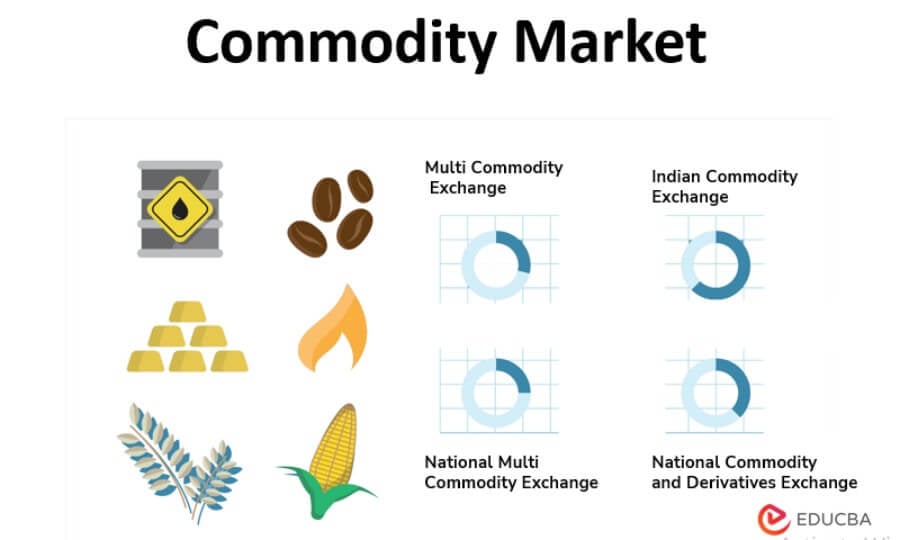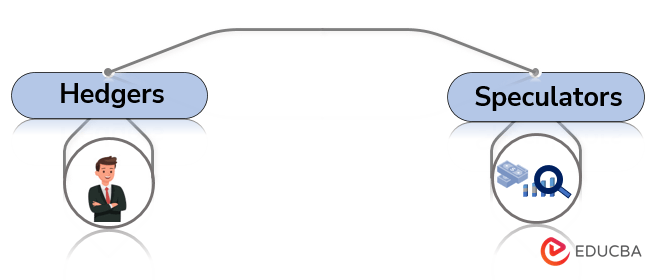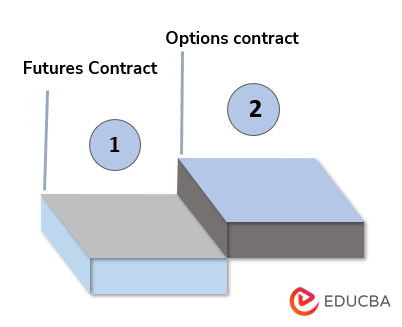
Introduction of Commodity Market
A commodity market is where commodities are traded (i.e.) buying and selling commodities like raw agricultural products, energy products, and metals.
In the commodities market, traders trade commodities like how equities are traded in the stock market. Commodities are broadly divided into two categories – Hard commodities and soft commodities. Hard commodities are natural resources extracted from mining like precious metals – Copper, gold, silver, etc. and Energy products –Crude oil, natural gas, etc.
Soft commodities are agricultural products or livestock grown like coffee, sugar, wheat, rice, live cattle, pork, etc. Investors or traders can invest/trade in commodities by investing in companies that deal with commodities or by investing/trading in commodities directly through futures/options contracts on the commodities market. Investors choose to invest in commodities future to counterbalance the risk of adversative future price movements in the commodities.
How Does It Work?
Investors can invest in commodities by purchasing the shares of the company whose business line deals with commodities, commodity-based mutual funds, or Exchange-traded funds (ETF) that deal with commodities, or they can directly trade with commodities by buying either in spot or through future contracts/ options contracts in the commodities market.
An investor who enters into futures contracts should buy or sell commodities at a predetermined price on a fixed date. Options contracts have the right but not the obligation to trade in commodities. Investors invest in the commodity market to mitigate the risk and hedge against the economy’s inflation rates.
Types of Commodity Market
Traders actively trade commodities in the commodities market, and multiple commodity exchanges exist in every country. The commodities market enables the trading of both physical goods and derivative contracts.
In India, the following are the commodity exchanges:
- Multi Commodity Exchange (MCX)
- Indian Commodity Exchange (ICEX)
- National Commodity and Derivatives Exchange (NCDEX)
- National Multi Commodity Exchange (NMCE)
Traders in the Commodity Market
There are two main categories of individuals in the commodity market based on commodity exchange operations.
- Hedgers: Hedgers invest in commodities by entering into futures contracts to reduce the risk of exposure to market volatility. Moreover, hedging the commodities price helps the investors to stay unaffected by price fluctuations. Hedgers trade physical goods in the commodities market as they need goods for their activities. Their prime purpose is to get commodities at the right price rather than trading for profits.
- Speculators: Speculators are investors who trade in the commodities market to generate profits from trading. They trade based on price predictions and forecasts and enter into futures contracts or trade spot markets. However, they do not conduct physical trading, as their primary focus is solely on generating profits. They choose to go for cash settlements rather than going for physical trading.
Commodity Market Timing
In India, the commodity exchange operates from 9 AM to 5 PM. Internationally, commodities trade at different times in exchange. Different commodities trade at different timings. Internationally, markets operate even for 24 hours.
How to Invest in the Commodity Market?
Investors can invest in the Commodity market by exchanging physical goods, predominantly done by institutional investors, and other sets of investors trade in the commodities market to generate profits. Investors can trade through the spot market or futures or options contracts.
Futures Contract: Sellers and buyers enter into futures contracts by signing agreements with their counterparties to buy or sell a specified quantity of a commodity at a predetermined price. When the market moves towards a downward trend, sellers will enjoy profits; when the market is performing well with an upward trend, buyers will gain more. If the trade is being carried out under the direction of commodity exchange, it is called a future derivative contract. If it occurs between two parties without the involvement of a commodity exchange, it is termed counter-exchange trading.
Options contract: In options trading services, investors have the privilege to buy or sell a commodity derivative at a predetermined price without being obligated to do so. However, it helps investors to make profits based on market fluctuations as there is no obligation to buy or sell the products.
Advantages
- Commodities have good growth opportunities. When the commodity demand increases, the same price will be boosted, and investors can earn a good return and a quick return through the commodity market.
- The Commodity market offers diversification (i.e.) investors and traders can put their money across various commodities like agricultural products, metals, energy products, etc. Diversification reduces the risk and helps to get decent returns from trading through multiple commodities.
- Investors who invest in bonds and stocks also choose to invest in commodities to manage the risk and returns of the overall portfolio.
- It is also helpful during market changes. Moreover, like in the case of inflation, stocks and bonds will perform low, but at that time, the price of commodities will increase, and investors can get good gains. Investors can always consider investing in commodities as part of their portfolio strategy.
- It is a liquid investment, and the futures contract is much cheaper than the underlying instrument’s price.
Disadvantages
- Commodities’ prices are highly volatile compared to stocks and bonds. Investments in commodities always entail an inherent element of risk.
- It can so happen that the commodities market may not generate much gain for traders and investors, considering the volatile nature and risk associated with it. Commodity market investments don’t offer any interest or dividend returns like bonds or equity, as it provides only capital gains.
Conclusion
The Commodities market offers traders and investors a way to deal with commodities. Investors/ traders can enter the commodity market to exchange physical commodities or generate profits through trading. It actively serves the purpose of hedging the risk associated with price fluctuations and market volatility. Investors can invest in the commodities market to manage portfolio risk and returns.
Recommended Articles
This is a guide to Commodity Market. Here we also discuss the introduction, how the commodity market works, and its advantages and disadvantages. You may also have a look at the following articles to learn more –



